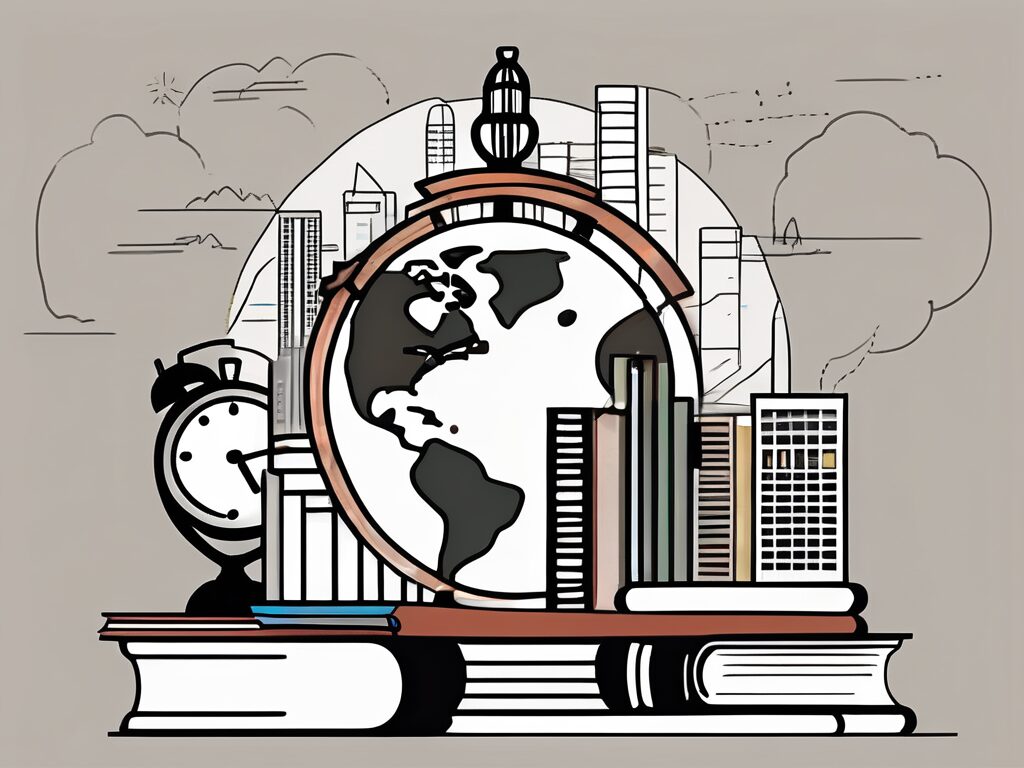html
Master’s in Education: 5 Key Insights on Dubai’s Education Issues
Dubai, a city synonymous with innovation and progress, is also home to a rapidly evolving education landscape. As the demand for quality education rises, so do the challenges that educators and policymakers face. In this blog post, we will explore five key insights into the pressing education issues in Dubai, providing a comprehensive understanding of the current state of affairs and the implications for educators and students alike. Whether you are an aspiring teacher, a current educator, or simply interested in the educational developments in Dubai, this post will equip you with valuable knowledge and insights.
1. The Growing Demand for Quality Education
As Dubai continues to attract expatriates and international businesses, the demand for quality education has surged. According to the Dubai Education Statistics, the number of students enrolled in private schools has increased significantly over the past decade. This growth has led to a competitive education market, where parents are increasingly discerning about the quality of education their children receive.
To meet this demand, schools are investing in advanced teaching methodologies, technology integration, and professional development for educators. However, this rapid expansion also raises concerns about the consistency of educational standards across institutions. As a result, educators with advanced qualifications, such as a Master’s in Education, are becoming increasingly valuable in ensuring high-quality teaching and learning experiences.
2. Cultural Diversity and Inclusion in Education
Dubai’s multicultural environment presents both opportunities and challenges in the education sector. With students from various cultural backgrounds, schools must foster an inclusive atmosphere that respects and celebrates diversity. This is where educators with a strong understanding of cultural competence can make a significant impact.
Research indicates that culturally responsive teaching can enhance student engagement and academic performance. Educators who pursue a Master’s in Education often gain insights into inclusive teaching practices, enabling them to create a supportive learning environment for all students. By embracing diversity, schools in Dubai can better prepare students for a globalized world.
3. The Role of Technology in Education
In recent years, technology has transformed the educational landscape in Dubai. The integration of digital tools and resources has revolutionized teaching and learning, making education more accessible and engaging. However, this shift also presents challenges, particularly in terms of ensuring that educators are adequately trained to use technology effectively.
According to a report by the KPMG Education Report, many teachers in Dubai feel unprepared to incorporate technology into their classrooms. A Master’s in Education program often includes training on educational technology, equipping educators with the skills needed to leverage digital tools for enhanced learning outcomes. By investing in professional development, schools can ensure that their educators are well-prepared to navigate the digital landscape.
4. Addressing the Skills Gap in the Workforce
As Dubai positions itself as a global business hub, there is a growing emphasis on equipping students with the skills needed for the workforce. Employers are increasingly seeking graduates who possess not only academic knowledge but also critical thinking, problem-solving, and communication skills.
To address this skills gap, educational institutions in Dubai are re-evaluating their curricula and teaching methods. A Master’s in Education can provide educators with the tools to design and implement innovative programs that foster essential skills in students. By focusing on experiential learning and real-world applications, educators can better prepare students for the demands of the modern workforce.
5. The Importance of Continuous Professional Development
In a rapidly changing educational landscape, continuous professional development is crucial for educators in Dubai. The Ministry of Education has recognized the need for ongoing training and support for teachers, encouraging them to pursue advanced qualifications and professional development opportunities.
Educators who hold a Master’s in Education are often better positioned to take on leadership roles within their schools and contribute to the development of effective teaching practices. By staying informed about the latest trends and research in education, these professionals can drive positive change and improve educational outcomes for their students.
Conclusion
Dubai’s education system is at a crossroads, facing both challenges and opportunities as it strives to provide quality education for a diverse population. By understanding the key insights outlined in this post, educators can better navigate the complexities of the educational landscape and contribute to meaningful change.
As we strive for a more inclusive education system in Malaysia, the role of qualified and well-trained educators becomes increasingly crucial. Empower Your Teaching Career with IPGCE
IPGCE is dedicated to supporting teachers in their professional journey, offering the International Postgraduate Certificate in Education (iPGCE) to enhance qualifications and open doors to international teaching opportunities. With our program, you can expect a significant increase in interview callbacks, promotion rates, and salary. Plus, you’ll join a global network of educators, gain a deeper understanding of international curricula, and enjoy the flexibility of online study. Don’t let inadequate credentials or isolation hold you back. Join the UK’s #1 Teacher Training Course today and take a decisive step towards a fulfilling career in inclusive education.
For more insights on education in Dubai, check out our posts on The Importance of Teacher Training and Cultural Competence in Education.

